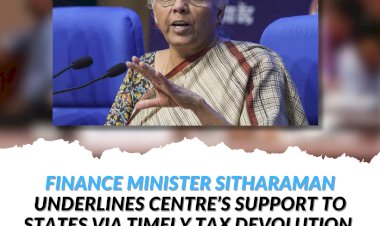Blockchain Applications Beyond Cryptocurrency in India :
Blockchain technology, initially synonymous with cryptocurrency, has evolved into a versatile solution for various industries. In India, the adoption of blockchain is accelerating, driven by its potential to enhance transparency, efficiency, and security. Beyond the realm of digital currencies, blockchain applications are making significant impacts in areas such as supply chain management, healthcare, governance, and finance. This blog explores these diverse applications and their transformative effects on the Indian landscape. Blockchain technology is revolutionizing industries beyond cryptocurrency in India. It enhances transparency and efficiency in supply chains, secures medical records in healthcare, streamlines governance processes, and modernizes the financial sector. These applications demonstrate blockchain's potential to drive significant improvements in various sectors.

1. Transforming Supply Chain Management : Blockchain is enhancing supply chain transparency and efficiency in India. Companies are using it to track products from origin to consumer, reducing fraud and errors. For instance, Indian agricultural supply chains benefit from blockchain by ensuring the authenticity of organic produce. The technology helps in minimizing wastage and improving delivery times, ultimately benefiting both producers and consumers.
2. Revolutionizing Healthcare : In healthcare, blockchain is securing patient records and streamlining data management. Indian hospitals and clinics are adopting blockchain to create tamper-proof medical records, ensuring data integrity and patient privacy. This technology also facilitates efficient sharing of medical history among authorized healthcare providers, improving diagnosis and treatment. Blockchain can potentially reduce administrative costs and eliminate data silos, enhancing overall healthcare services.
3. Enhancing Governance and Public Services : Blockchain is being leveraged to improve governance and public services in India. Government initiatives are exploring blockchain for land registry, voting systems, and public welfare schemes. The immutable nature of blockchain records ensures transparency and reduces corruption. For example, blockchain-based land registries can prevent fraud and simplify property transactions, making the process more efficient and reliable for citizens.
4. Modernizing the Financial Sector : Beyond cryptocurrencies, blockchain is transforming traditional financial services. Indian banks and financial institutions are using blockchain for secure and efficient transactions, smart contracts, and identity verification. This technology reduces operational costs and enhances security in financial operations. Blockchain-based platforms are also facilitating microfinance and peer-to-peer lending, providing financial inclusion to underserved populations.
Conclusion
Blockchain technology is proving to be a game-changer in India, extending far beyond its origins in cryptocurrency. Its applications in supply chain management, healthcare, governance, and finance are driving significant improvements in efficiency, transparency, and security. As India continues to innovate with blockchain, the potential for further transformative impacts across various sectors remains immense. The future of blockchain in India looks promising, with the technology poised to address some of the country's most pressing challenges.




































Comments (0)